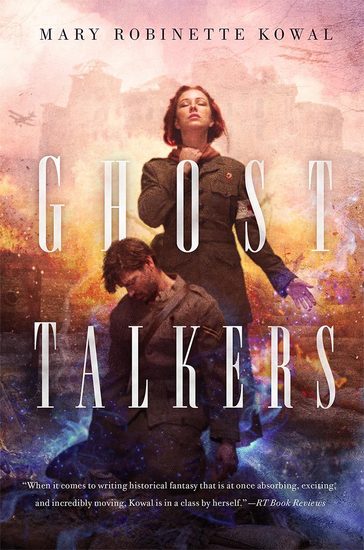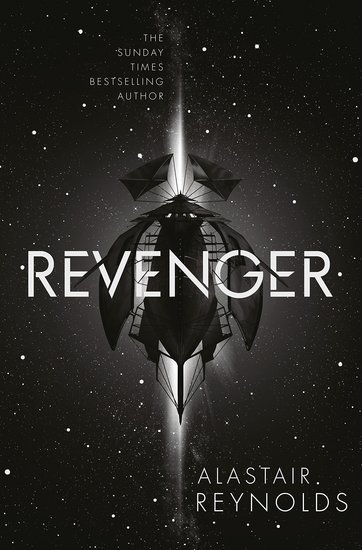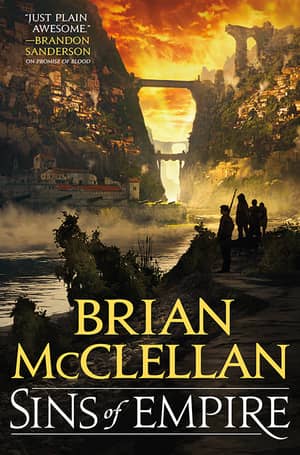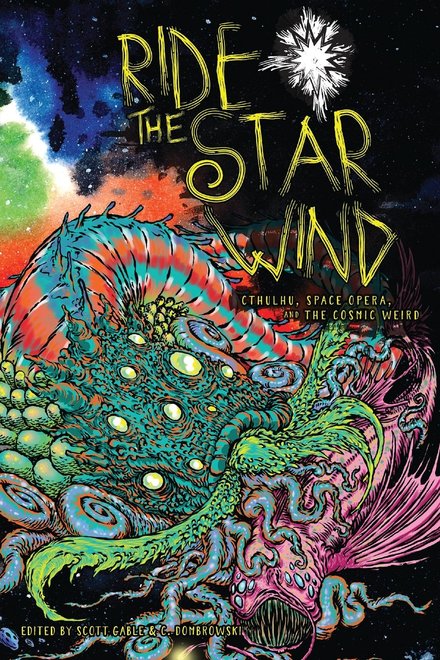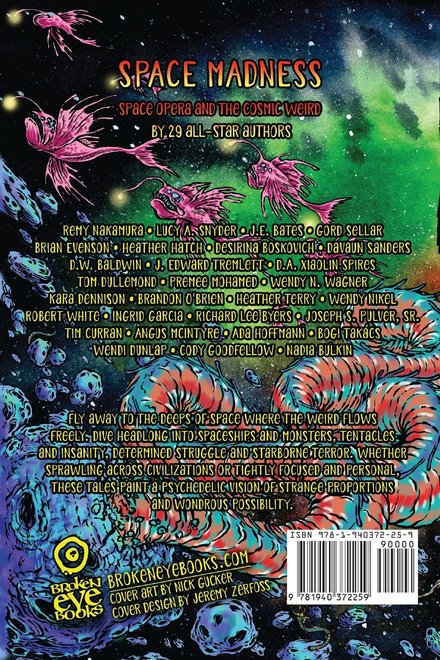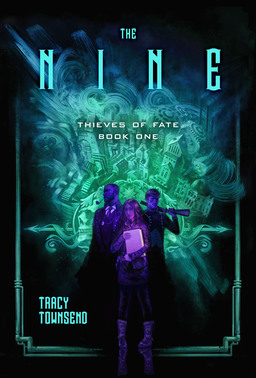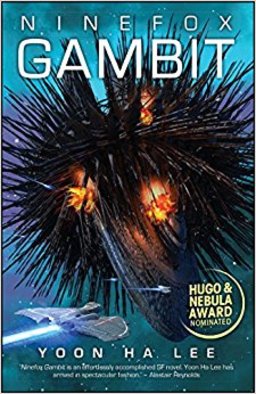In 500 Words or Less: From a Certain Point of View (Del Rey Books)
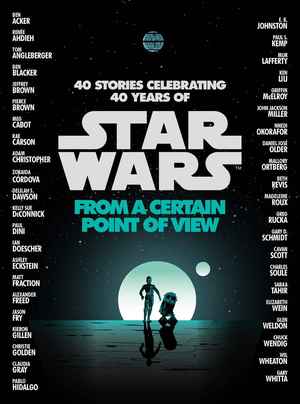 From a Certain Point of View
From a Certain Point of View
By Various Authors
Del Rey (400 pages, $35.00 hardcover, $14.99 eBook, October 2017)
I’m a massive Star Wars fan and grew up loving the Expanded Universe novels. My first exposures to writing greatness were people like Timothy Zahn, Christie Golden, and Kevin J. Anderson. When Disney announced that the Expanded Universe wasn’t canon anymore, I was pissed like a lot of people, and as much as I’ve enjoyed the new films, I couldn’t bring myself to read any of the new fiction.
Is that petty and stupid? Probably, especially when you consider the caliber of writers who are being brought on to write the new EU. And that if I’m ever at a career level to be offered a spot in that canon, I’ll probably take the deal.
So I finally shook off my old-timey stubbornness and bought a copy of the new anthology From a Certain Point of View. Big surprise: I have mixed feelings about it.
On the one hand, there are some amazing stories here. “Master and Apprentice” by Claudia Gray shows the ghost of Qui-Gon Jinn visiting Obi-Wan Kenobi before he takes Luke to Mos Eisley, and it’s touching and tragic because Qui-Gon knows what’s about to happen to his former apprentice. Wil Wheaton reminds us about the sacrifices of the average rebel in “Laina,” and Nnedi Okorafor brings us into the mind of the Death Star’s dianoga in “The Baptist.” There’s a great combination of writers, including a few Star Wars veterans (Christie Golden among them) and the likes of Ben Blacker, Mur Lafferty, Chuck Wendig, and more.
